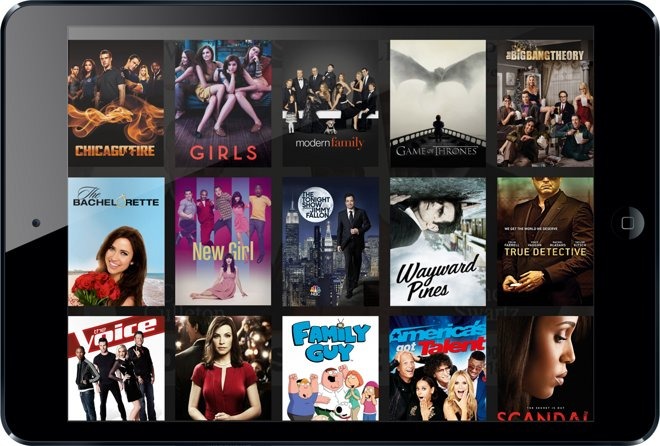The U.S. Federal Communications Commission has issued letters to Comcast, T-Mobile, and AT&T, asking for more information on perks that exempt some services from counting towards Internet users' data caps.
The agency wants to "have all the facts" on how the perks relate "to the Commission's goal of maintaining a free and open Internet while incentivizing innovation and investment from all sources," the FCC said in each letter, according to The Hill. The FCC is presumably concerned that such perks violate net neutrality, prioritizing some services' traffic in a way that rival services can't hope to compete with.
T-Mobile, for instance, offers Music Freedom and Binge On, which exclude some — but not all — third-party music and video services from caps. Comcast's Stream TV offers a proprietary mix of live and on-demand content, while AT&T is simply marketing "sponsored data," allowing any outside party to pay for customers' data consumption.
All three companies have denied any wrongdoing, with Comcast in particular describing its offering as a "cable service" that "only works in the customer's home" and "does not go over the public Internet." The option is available only to Xfinity Internet customers.
During a Thursday press conference announcing the letters, FCC chaiman Tom Wheeler insisted that there was no investigation underway, and that the agency is simply trying to stay informed about industry practices. Republican commissioner Ajit Pai argued that the letters are "not simply a benign information inquiry," with an obvious net neutrality agenda. Commissioners wanting to keep up on the industry should be able to meet with companies without sending out formal letters, he said.
The letters in fact call for all three named corporations to "make available relevant technical and business personnel for discussions" by Jan. 15.
 Roger Fingas
Roger Fingas








 Malcolm Owen
Malcolm Owen
 William Gallagher
William Gallagher
 Charles Martin
Charles Martin
 Christine McKee
Christine McKee
 Wesley Hilliard
Wesley Hilliard

 Andrew Orr
Andrew Orr









10 Comments
Net Neutrality is just doublespeak for "more government intrusion". People who demand free stuff shouldn't be surprised when it turns out there's no such thing as a free lunch and the greater is government's involvement, less freedom of choice is available to the public. Deregulation and competition (not industry + government collaboration) means companies fighting for consumer dollars.
My impression was that net neutrality was more akin to throttling. And, more towards charging content providers different amounts depending on if they were a competitor.
It it seems to me that offering some content for free to a customer does not explicitly violate those notions.